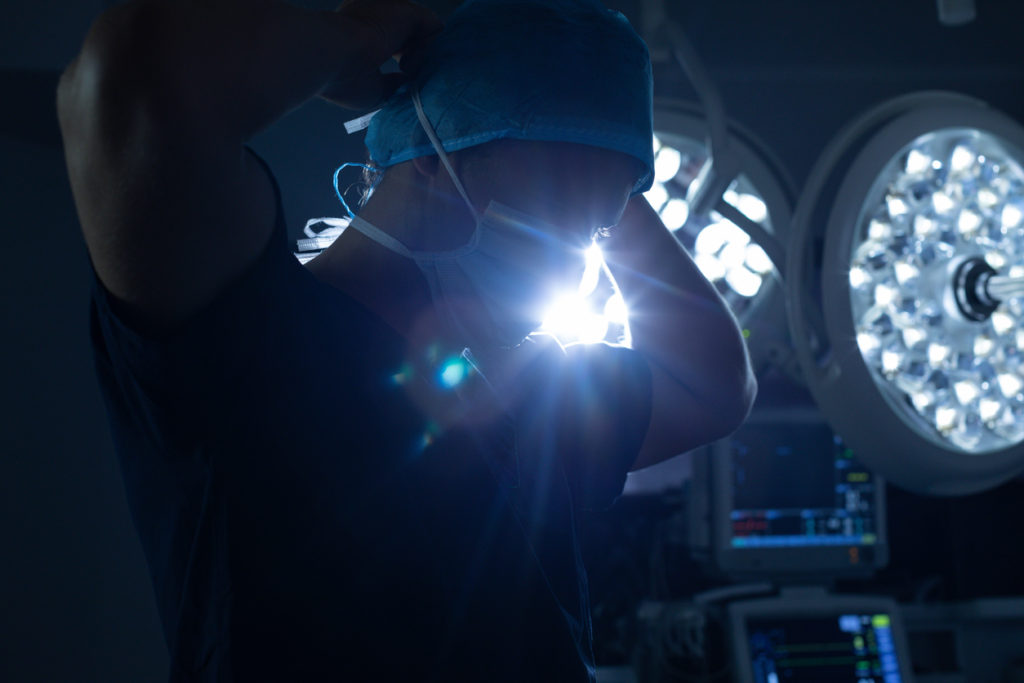Enhanced Recovery after surgery (ERAS) programs focus on improving surgical outcomes such as patient experience, complications, mortality, and time to discharge from the hospital. ERAS teams typically consist of surgeons, anesthesiologists, nurses, and other healthcare providers who work together to…
Category: Uncategorized
Buprenorphine: Biological Mechanisms, Applications and Perioperative Implications
Buprenorphine is an opioid drug that can be used to treat chronic pain or alleviate opioid addiction.1 Unlike other opioid drugs such as morphine and heroin, buprenorphine has a limit in its ability to produce a “high” or euphoric effect.1…
Anesthetic Implications of HELLP Syndrome
HELLP syndrome is a life-threatening pregnancy complication that is a variant of preeclampsia.1 It usually occurs during the later stages of pregnancy, but may also occur after childbirth.1 HELLP syndrome is named after its characteristics, which include hemolysis (the breaking…
Anesthetic Considerations for Parkinson’s Patients
Parkinson’s disease (PD) is one of the most common disabling neurological diseases. It affects over one million individuals in the United States and about 1% of the population over 60 years of age (1). It is a degenerative disease of…
Anesthesia for Hysterectomy
A hysterectomy is a surgery to remove a person’s uterus.1 After a hysterectomy is performed, the patient will no longer have menstrual periods and cannot become pregnant.1 Given the invasiveness and permanence of the surgery, it is highly unlikely that…
Anesthetic Implications of Coagulation Disorders
Coagulation disorders are diseases marked by abnormal bleeding or blood clotting due to issues in the coagulation system, platelets or blood vessels.1 Coagulation disorders can be acquired (e.g. vitamin K deficiency or liver disease) or hereditary (e.g. hemophilia).1 Though these…
Perioperative Music Therapy
Music therapy, a research-based practice in which music supports people striving to improve their health, functioning and well-being,1 has roots in ancient times2 and is becoming commonplace in contemporary medicine.3 Music is used in a variety of clinical settings to…
Physics for Anesthesiologists
Anesthesia has evolved over the previous decades; however, the basic concepts are still applicable in day to day anesthesia instruments and apparatuses. The understanding of the clinical relevance of physical principles for liquids and gases under pressure and at varying…
Nonoperating Room Anesthesia (NORA)
Nonoperating room anesthesia (NORA) refers to the administration of anesthesia or sedation outside the operating room (OR).1 The popularity of NORA is increasing, with proportions of NORA cases (out of all anesthesia cases) rising from 28.3 percent in 2010 to…
Perioperative Care for Transgender Patients
Transgender is an umbrella term that describes people whose gender identity and/or gender expression differs from what is typically associated with the sex they were assigned at birth.1 Some researchers estimate that one million adults in the United States and…









